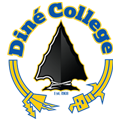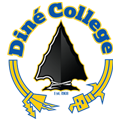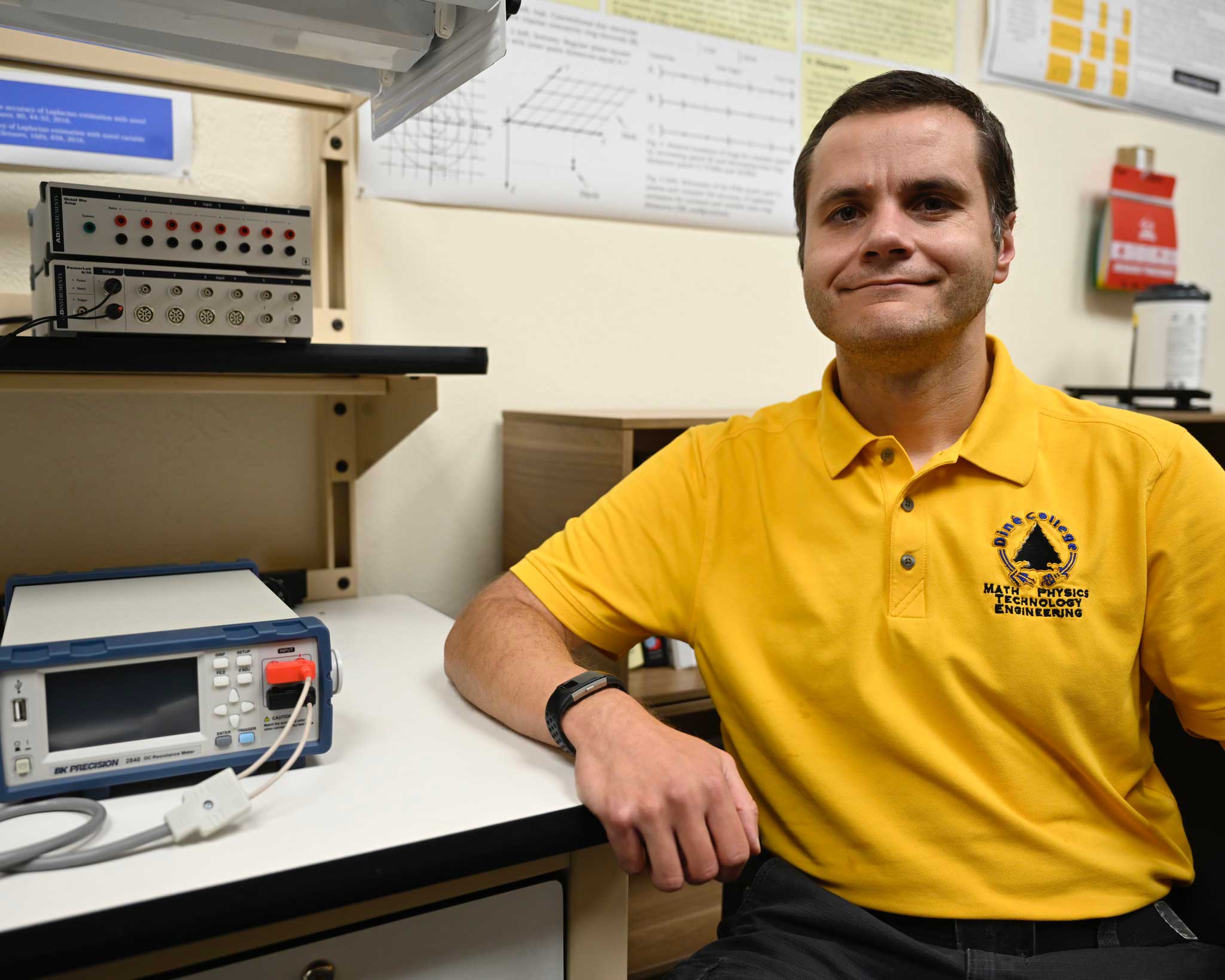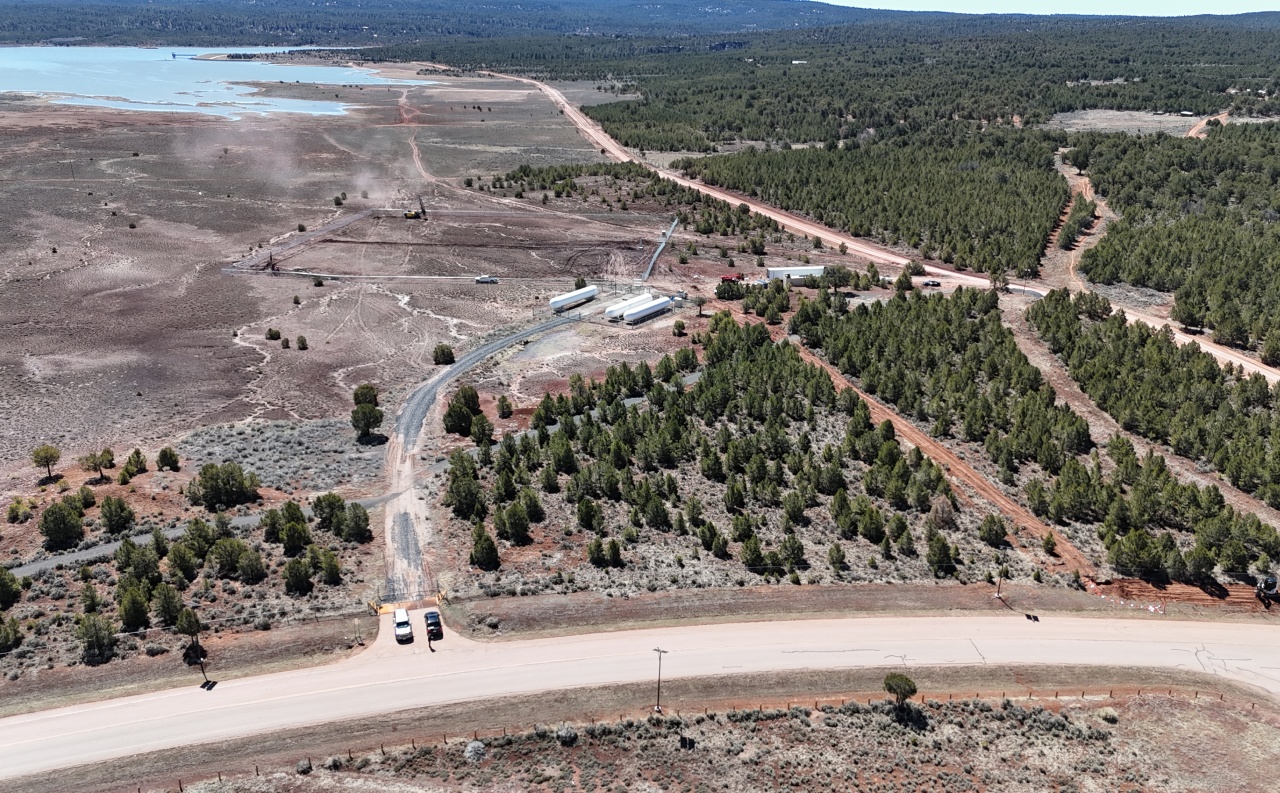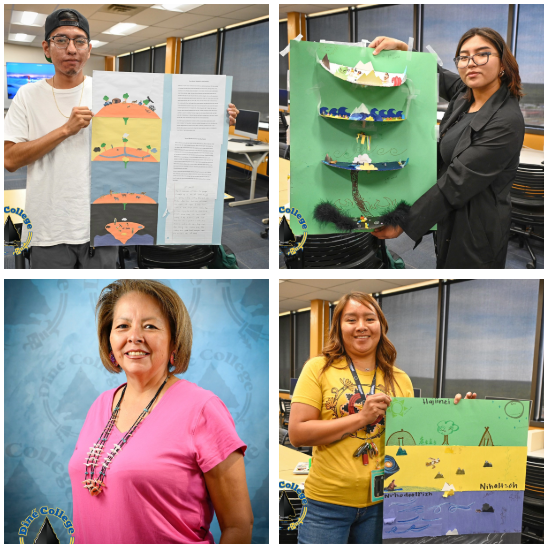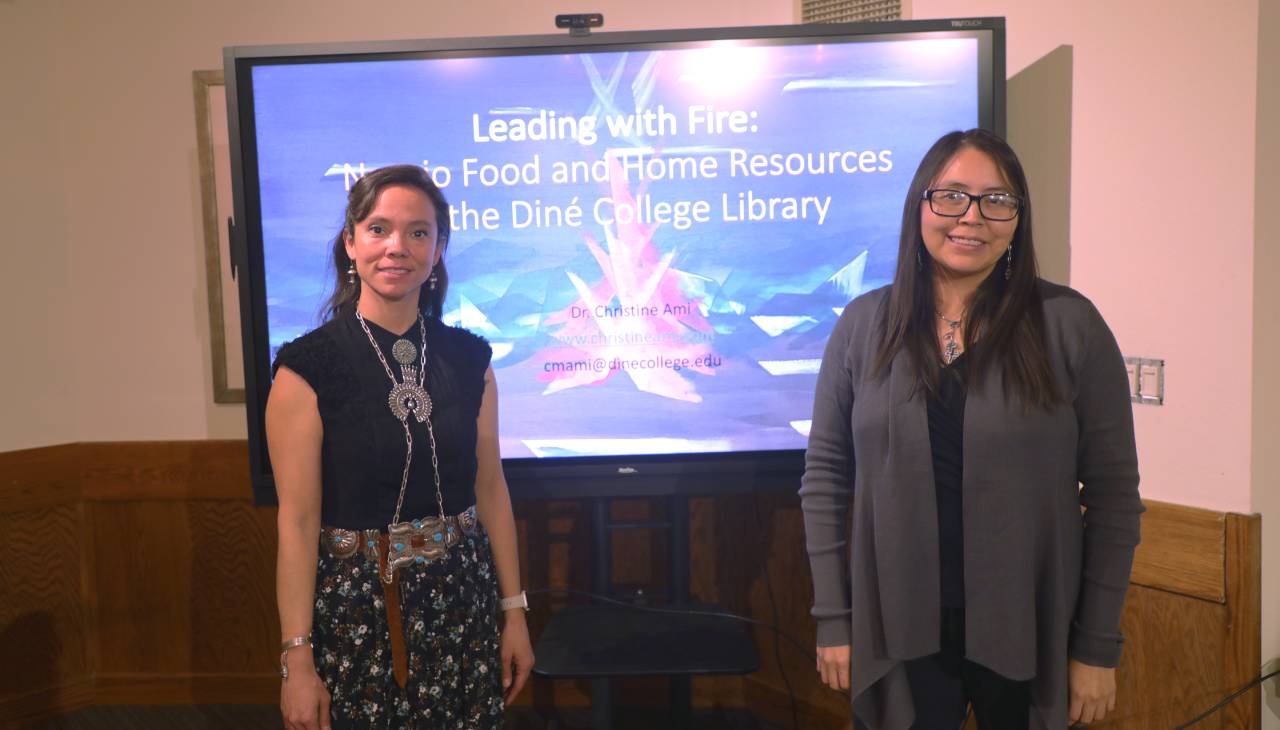Diné College Secures Historic Third Patent
TSAILE, Ariz., Diné College has achieved an unprecedented milestone with the issuance of its third patent, solidifying its position as the sole patent holder among all Tribal Colleges and Universities (TCUs). The latest patent, granted on September 23, represents a 100% success rate for the college’s patent applications—a figure that dramatically surpasses the national average, which can be as low as 10-15%. This accomplishment highlights the institution’s commitment to innovation and to creating new opportunities for its students and the Navajo Nation.
The success of these intellectual property endeavors is the result of a multi-year effort and strategic collaborations. The patents, which originated from several peer-reviewed biomedical engineering journal papers starting in 2018, protect an innovative electrode design that showed significant improvements over existing market technologies. The journey began when faculty recognized the commercial potential of their research, but faced the challenge that the college had no existing intellectual property policy.
This initiative was spearheaded by Oleksandr Makeyev, Associate Professor with the School of Science, Technology, English, and Math, with crucial support from key partners. “We have been so successful because we have wonderful legal partners, Kilpatrick Townsend and Stockton LLC,” said Makeyev. He also emphasized the pivotal role of the college’s emerging Innovation Center, funded through an earmark from Senator Mark Kelly. “The center may not even be fully operational yet, but it’s already guided this patent on getting it issued, as well as helped offset the costs.”
The development of Diné College’s intellectual property framework was a ground-up effort. Former Grants Office Director Amanda McNeil drafted the college’s first-ever IP policy. The late Dr. Charles “Monty” Roessel, former president of the college, provided unwavering support from the outset, recognizing the immense potential for TCUs to participate in the innovation economy. “From the very beginning, he realized the potential. He realized the gap… where tribal colleges and universities were not just underrepresented, but not represented at all in anything related to intellectual property,” Makeyev noted.
None of the patents incurred costs for the college, a critical factor for an institution that carefully manages resources. Funding for patent fees was secured through a research award from the National Science Foundation’s (NSF) Tribal Colleges and Universities Program (TCUP), following direct approval from the NSF’s financial director. “None of these patents ever cost the college a penny,” Makeyev stated. “That was really important for us.”
This series of patents lays the groundwork for future student-led innovation. The college’s newly established Innovation Center, located at the Kinyaa’áanii Charlie Benally library building, includes a maker space designed to empower students. “That maker space is precisely how we plan to give the lead to the students from here on out with all our intellectual property endeavors,” Makeyev explained. “That’s how we hope the students will lead the way.”
Looking ahead, the college is prepared to commercialize its patented designs. Recent updates to the college’s charter now permit the formation of spin-off subsidiaries. This opens the door for Diné College to manufacture and license the electrodes itself if current manufacturers do not license the technology. “In five years, I very much envision us having a small business formed around manufacturing and licensing those electrodes ourselves,” said Makeyev. “We will not be inventing something completely from scratch. We will just be following along with what our competition has done.”
Makeyev offers a direct message to students: “It’s a completely new opportunity that was never offered to Diné College students before. Please take advantage. Please bring your ideas to us. We can help you, or the Innovation Center will help you develop them, protect them, and monetize them.”
Key contributors acknowledged for their vital roles in this success include Dr. Andrea Christelle, the current Principal Investigator for the Innovation Center grants; Tyler McAllister, J.D., Partner at Kilpatrick Townsend and Stockton; the NSF’s TCUP; and the foundational support of former President Roessel.
